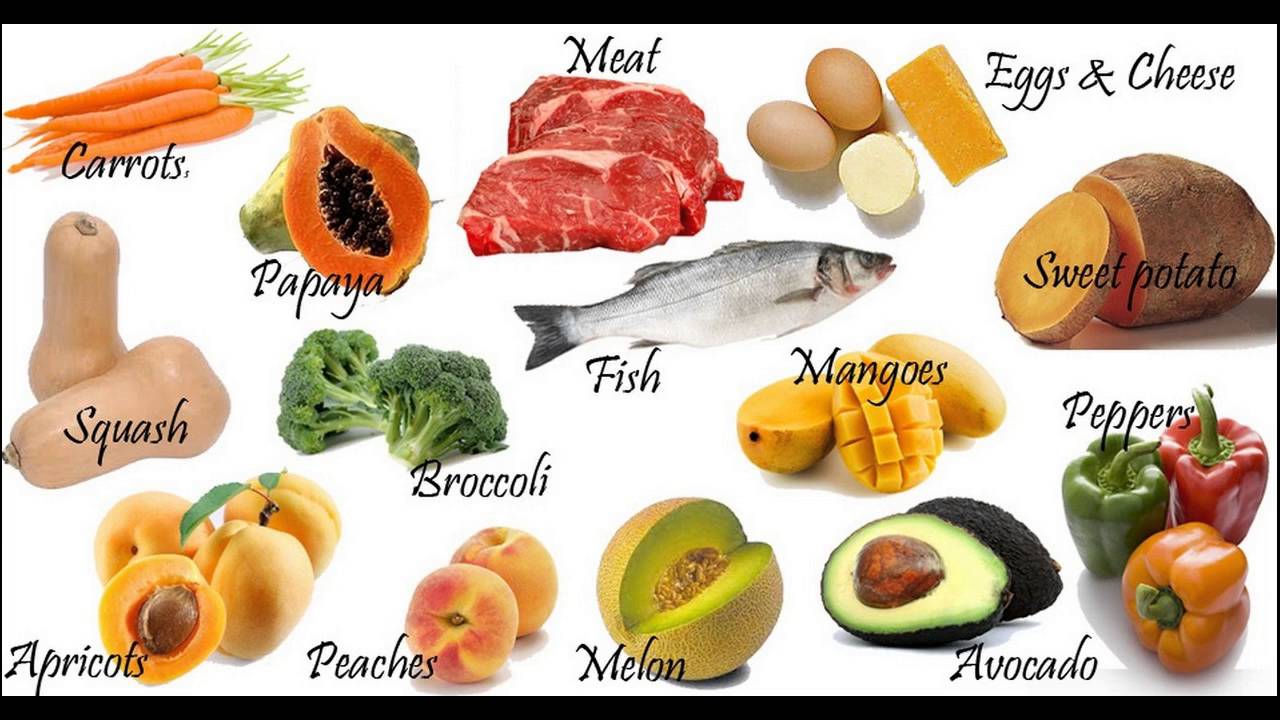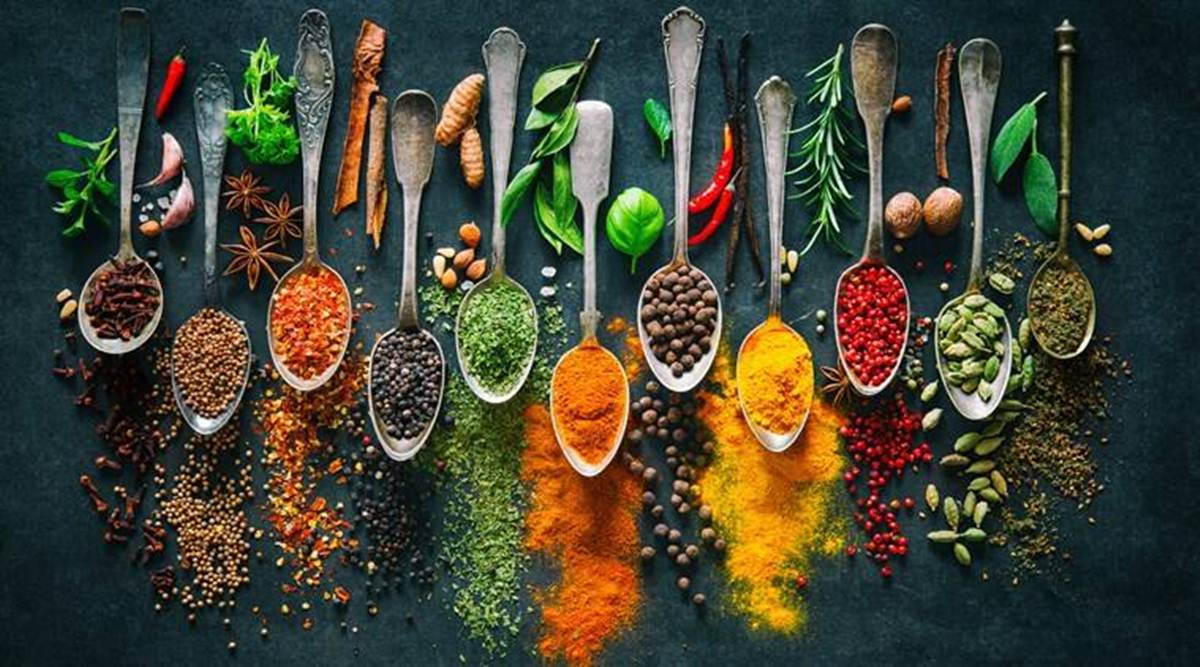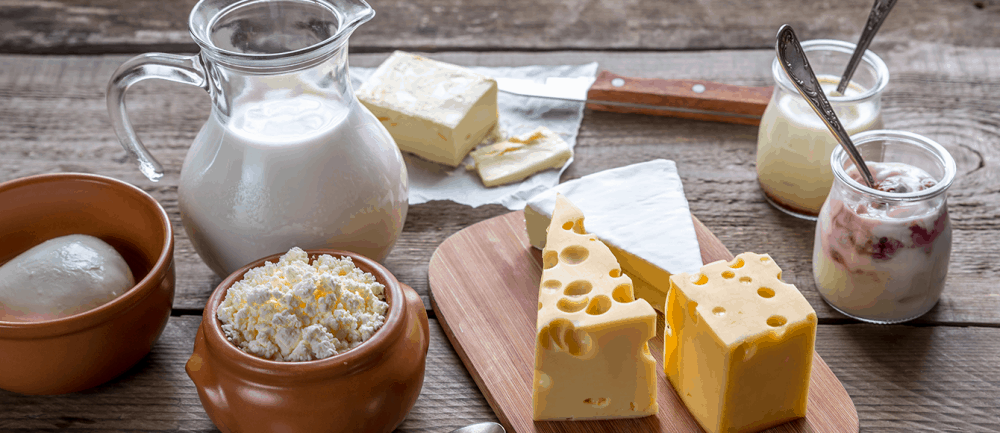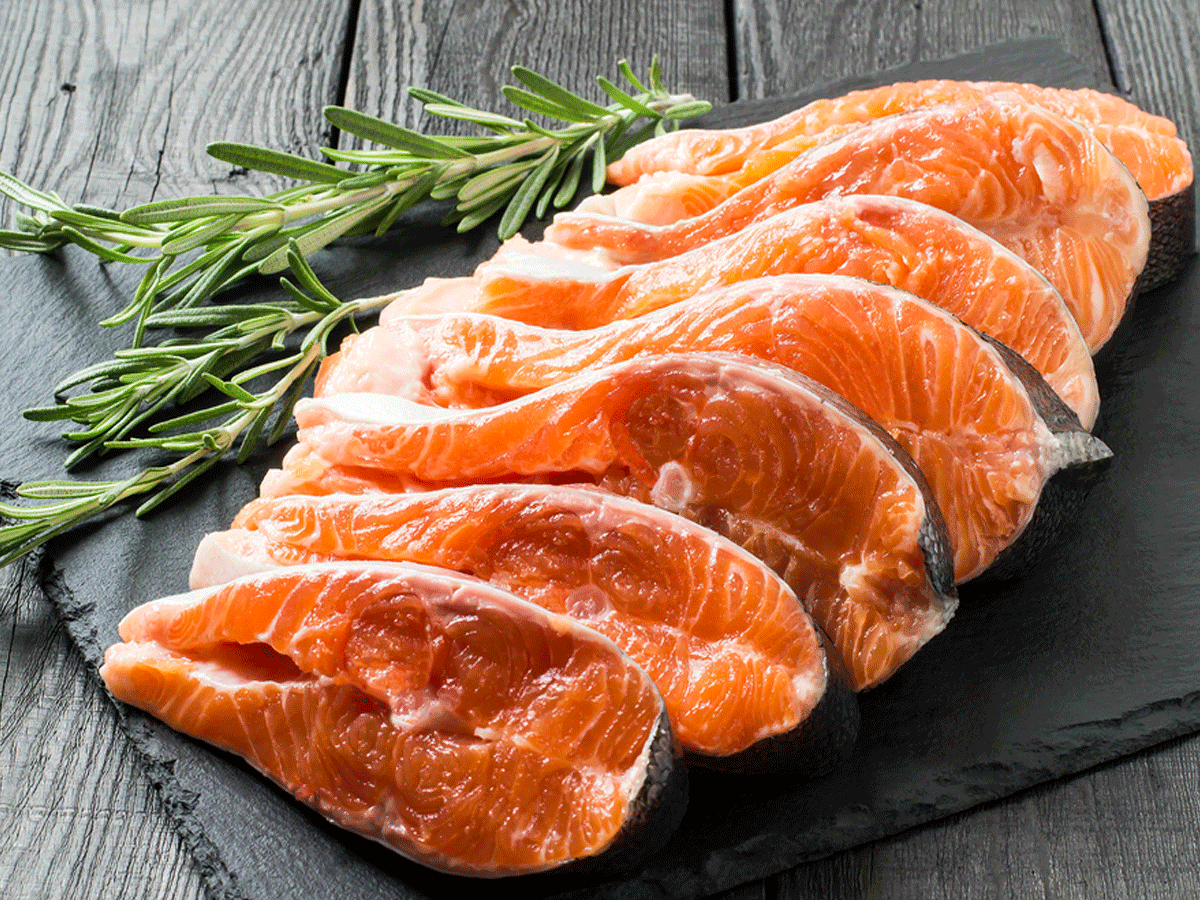Psoriasis is a non-contagious skin condition which causes the skin cells to form layers, thus resulting out into scaly and itchy dry patches. If a person follows healthy diet, by excluding foods that elevate this skin condition from their daily diet, psoriasis can be controlled.

In the case of psoriasis and diet, a large body of scientific evidence now supports the role of dietary change as an adjunct to medical therapy. So, to keep away from psoriasis, here are some foods you should include or avoid in your daily diet.


A psoriasis diet is a specific diet plan that helps in healing psoriasis. Many psoriatic patients have observed that they see sudden flare-ups in their psoriatic symptoms when they eat or drink a particular food. Considering this fact, Ayurveda has explained the importance of food in maintaining health and recovering from illness.

Foods to Avoid for Psoriasis
With psoriasis being an inflammatory disease, it stands to reason that you should avoid foods that trigger inflammation Many individuals have been seen responding well to psoriasis treatment by following a restorative diet.
Gluten-Free Diet
People with psoriasis tend to have a higher sensitivity to gluten. Avoid gluten-rich foods including – but not limited to – wheat, barley, pasta, baked goods, and beer or malt beverages.
Dairy
Dairy (especially eggs) contains high levels of saturated fat. Avoid egg or egg dishes whenever possible. It promotes the growth of tissues and increases skin cell proliferation that worsen the psoriasis.

Processed Foods
In general, processed foods are not good for your overall health because they are likely to contain sodiums, sugars, and trans-fat. When doing your grocery shopping, do your best to avoid packaged deli meats, microwavable dinners, canned fruits and vegetables, and any other heavily processed foods.

Alcohol
Alcohol disrupts the various pathways of the immune system making it a trigger for any autoimmune flare-ups, including psoriasis. To avoid, drink sparingly. Elimination diets have helped many sufferers of chronic skin conditions heal their skin naturally.
The Best Foods for Psoriasis Sufferers
Fruits and vegetables
- Fruits, such as strawberries, blueberries, apples, oranges and cherries
- Leafy greens, such as spinach, kale, collard greens and others
- Hearty vegetables, such as carrots, sweet potatoes, avocados and squash
- Legumes, such as beans, lentils and chickpeas
These foods are recommended because they contain high levels of natural antioxidants and polyphenols, which are protective compounds found in plants. Studies have shown that antioxidants and polyphenols play a role in the reduction of inflammation in the body, which is something that is of particular importance to psoriasis sufferers.
Nuts and grains
It’s generally believed that nuts can be good for heart health because they contain the following heart-healthy substances:
- Unsaturated fats, AKA “the good kind of fat”
- Omega-3 fatty acids, which are often found in fish
- Fiber, which can help lower your cholesterol
- Vitamin E, which may help stop the development of plaques in your arteries
- Plant sterols, which can help lower your cholesterol
- L-arginine, which may help improve your arteries
While a lot of these ingredients focus on the health of the heart, it’s worth noting that they can also have anti-inflammatory benefits. Plus, who doesn’t want a healthy heart? In addition to nuts, grains can be a great addition to a psoriasis patient’s diet because they are high in fiber. Plus, like the fruits and vegetables outlined above, they often contain a variety of anti-inflammatory antioxidants.
Fatty Fish
The increased consumption of omega-3 fatty acids is linked to a decrease in inflammation. These acids are found in salmon, sardines, shrimp, trout and other fish. Not only are they good sources of protein, but they are also linked to reducing the risk of heart disease.

Fish oils are thought to reduce inflammation and support the immune system, which operates in overdrive for psoriasis patients
While maintaining a healthy diet is important for anyone’s health, those suffering from autoimmune conditions, such as psoriasis, can particularly benefit from the above dietary change. Keep in mind, however, that while the foods listed above are known to trigger or reduce flare-ups, everyone is unique and may react differently. Be sure to speak to your doctor or nutritionist before making any major changes to your diet.






